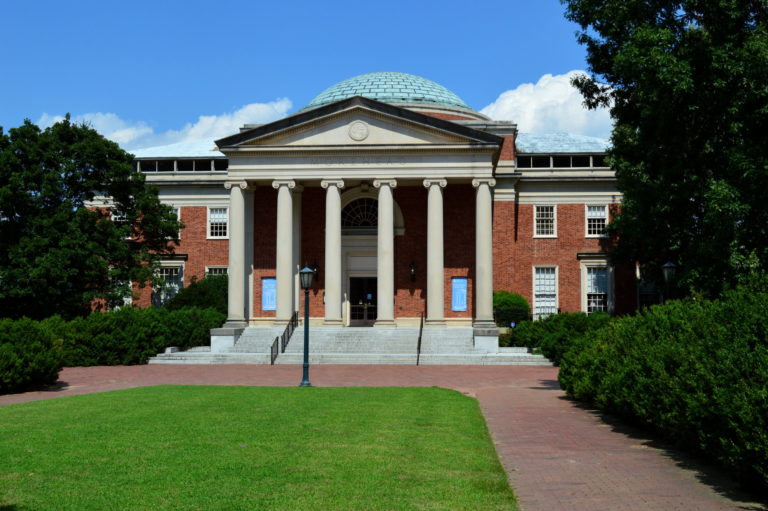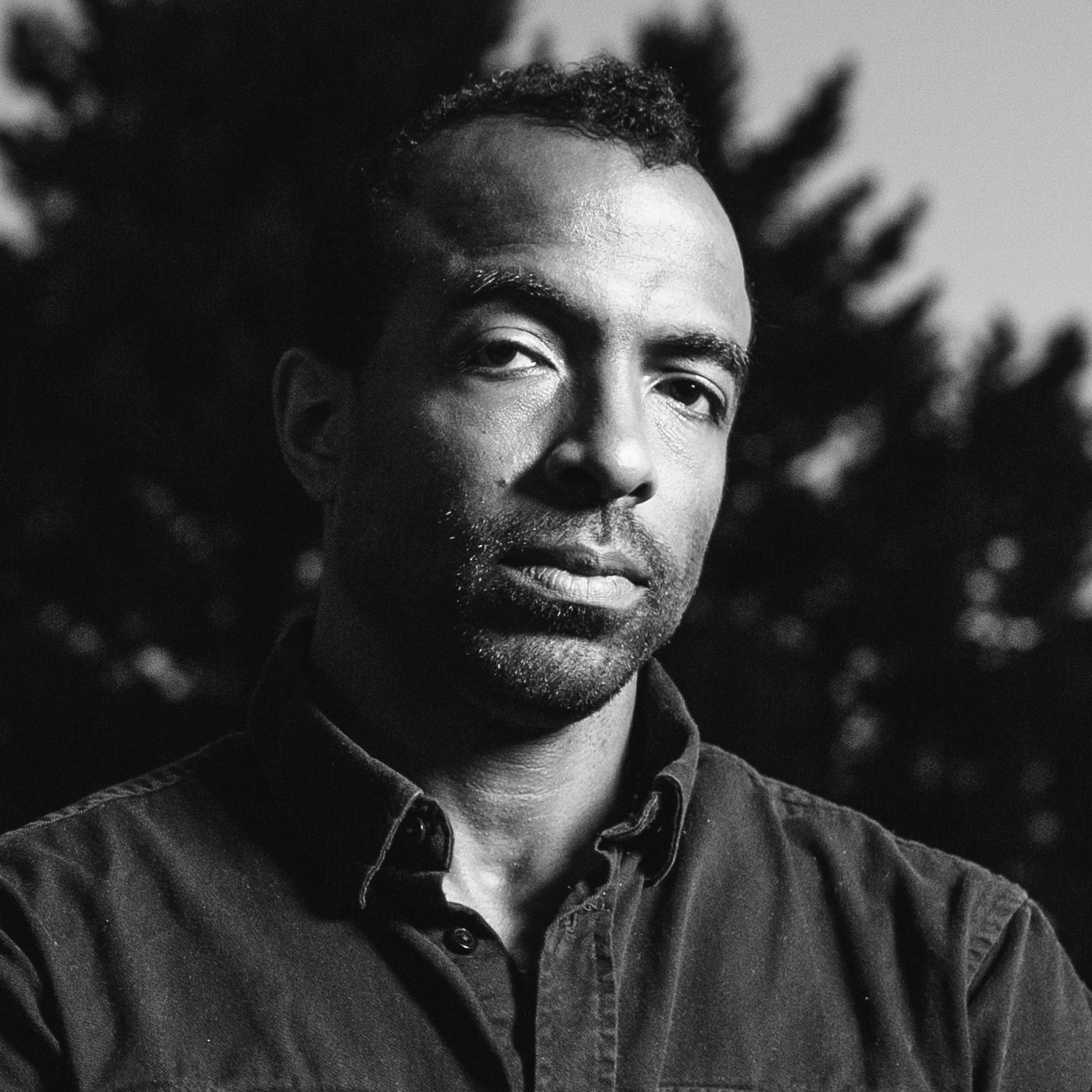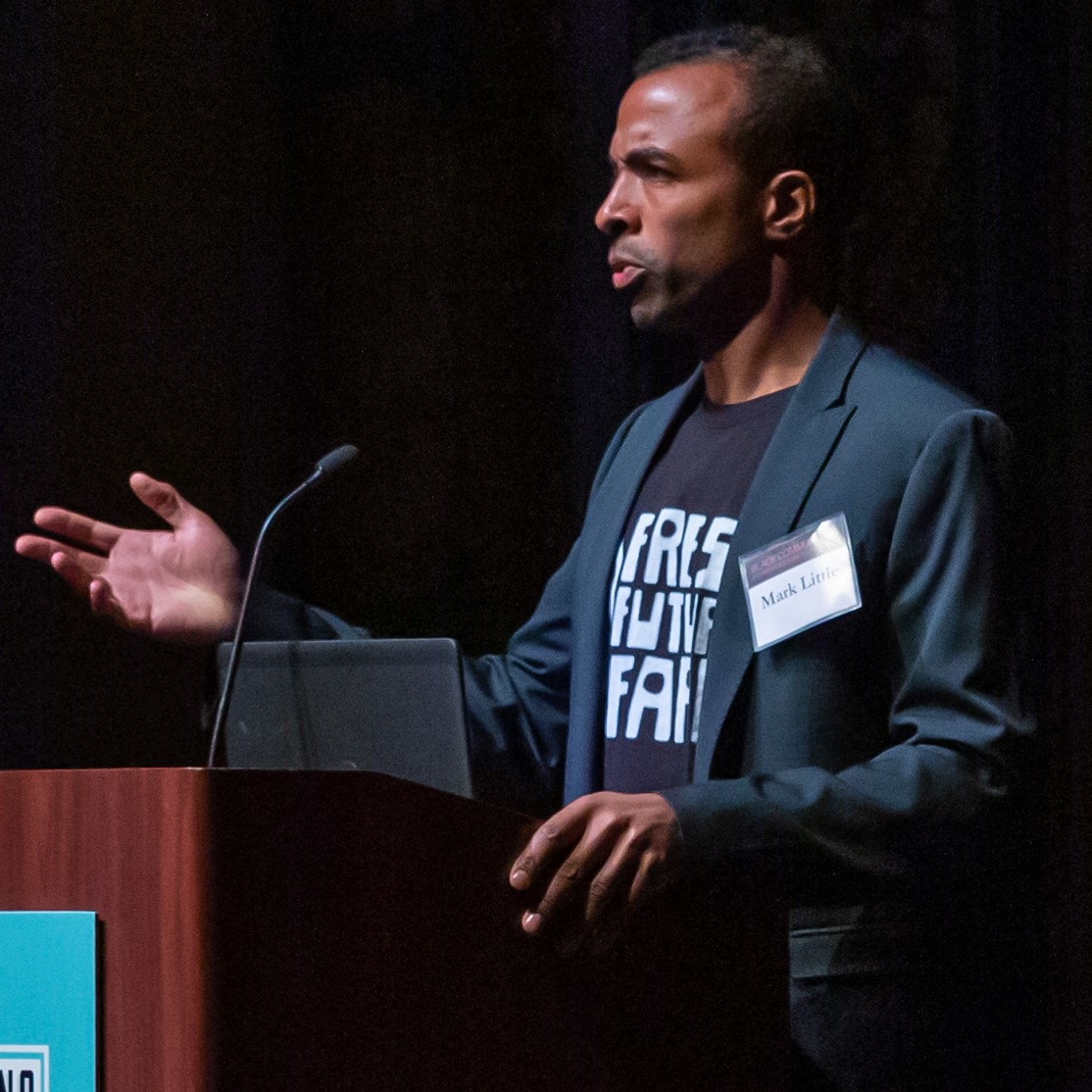
Mark Little is a geoscientist who serves as the executive director of CREATE, an economic development center at UNC Chapel Hill working to create economic opportunity for all through local, regional, and international approaches. Little is also the president-elect of the Geological Society of America, and was previously a AAAS Congressional Policy Fellow. He holds a Ph.D. in geochemistry from Rice University. Little sat down with ESAL to discuss his role in helping foster shared economic prosperity.
JB: What originally inspired you to pursue science?
Little: I think it really started with interest in space and becoming an astronaut, which was cultivated as a kid from science fiction. When I ended up in college, I initially started down the astrophysics route. When it became clear that I wasn't going to be able to physically interact with anything that we were studying, I switched over to earth and planetary sciences.

Mark Little.
JB: How did policy start to come into the picture?
Little: For my undergrad major, I was studying topics like geophysics, atmospheric chemistry, hydrology, and oceanography. But all my electives were more human-centered, like water resource management, American Indian policy, and Mexican history. In school, there were all these things I was interested in, but they hadn't yet coalesced or combined with the natural sciences.
The only career thing that I was really certain of is that I wanted to be an astronaut and to play music. And given the odds against being an astronaut, I just tried to make sure I was working on things I also cared about, whether it was science, policy, music, or something else. So when I was looking at graduate schools, I was very interested in not just doing geoscience. One of the reasons I went to Rice was because of the Baker Institute for Public Policy.
JB: What are you working to accomplish at CREATE?
Little: We're working to create shared prosperity for all of humanity. Obviously, this is a really big endeavor shared by many organizations around the globe. Prosperity is ultimately a question of power, who has it and who doesn’t. When you’ve got power, you can create your own success and construct your own solutions to the challenges you define. In the United States, the kind of power that is most recognized is financial power and political power. And so, our mission is to create financial power for people, communities, and places that don’t have enough of it.

Little at the Black Communities Conference in 2019.
JB: How do you go about achieving that?
Little: I think to be successful, we have to work on multiple levels. So we aim to create sustainable communities, good job opportunities, new wealth, disruptive policy and useful research. On the most direct level, we provide direct technical assistance to town managers, county commissioners, Tribal councils, and business owners in order to create more decent-paying jobs and a strong economic future for their communities. We talk with them about their vision for their community or business, create a scope, and then do the work. At any given time, we have an active portfolio right now of about 30 projects, each of those with different partners or clients.
Our work for communities spans economic development strategies, applied research on workforce development, and business district planning, all rooted in the assets of that particular place. For example, we've done a lot of work with indigenous communities and other rural communities that are trying to leverage their river resources for ecotourism. So we help them plan how to actually do that and build that sector out. We always publish this work as reports and often add to our online case study database Homegrown Tools. The type of work we do for businesses ranges even more broadly, depending on what the needs are, from industrial engineering, to financial analysis, marketing strategies, and many other areas. The goal is to see what we can do to help the business grow and create more decent-paying jobs for people in places that need it most.
And to do all of this, we’ve got an amazing team of full-time economic development professionals and part-time graduate student analysts based in multiple states. We also work with faculty collaborators and a large number of partner organizations around the world, from foundations to corporations to faith organizations.
JB: What other sorts of engagements are effective?
Little: In addition to that kind of on-the-ground local work, we advise elected officials in the U.S., write op-eds, and partner with think tanks. We also organize major conferences. Since 2017, I’ve chaired the Black Communities Conference, which is an interdisciplinary international conference that brings together academics across disciplines as well as a very wide range of community leaders - such as folks running nonprofit organizations, educators, and faith leaders. We also host international academic research conferences. We recently hosted one exploring the characteristics that make one place more successful, economically, than another.
JB: What would you say to scientists and engineers who are interested in getting more engaged?
Little: My advice would be to observe how communities and how people who aren't scientists think about various topics and issues, and ask yourself what are the best ways to communicate? What vocabulary are they using? A key point is that human beings are complex, and they don’t experience issues in a single way as a narrow discipline. Whatever the topic is, before talking to a person or community about it, see if you can understand what they care about and why. Then try to talk about the specific issue you’re concerned about in that context, with the language that the community uses, to accelerate the process of having a real conversation.
Do you have a story to tell about your own local engagement or of someone you know? Please submit your idea here , and we will help you develop and share your story for our series.